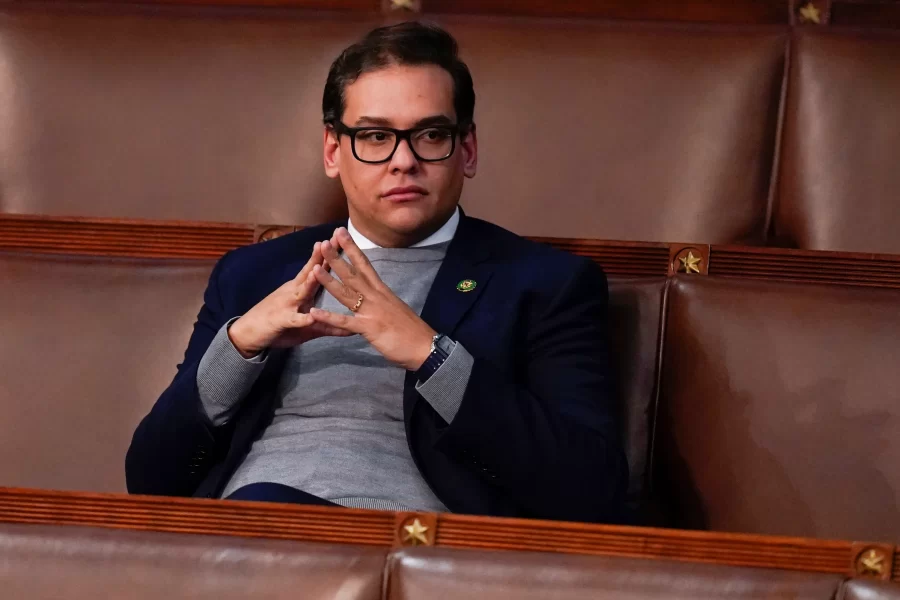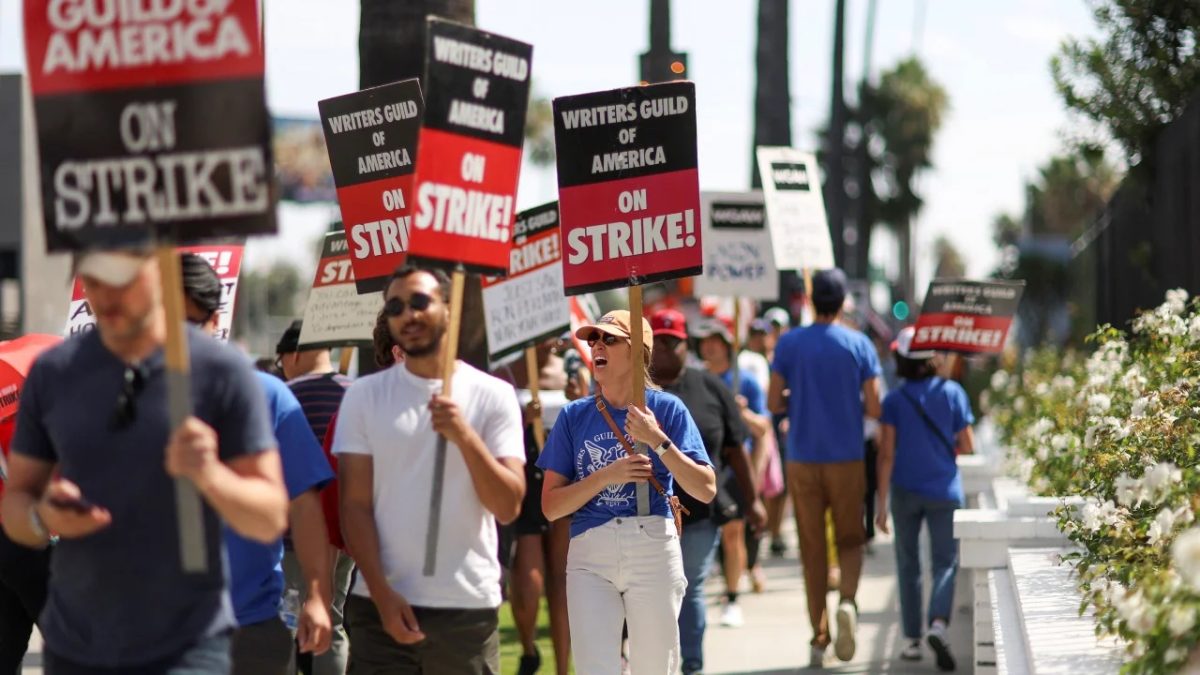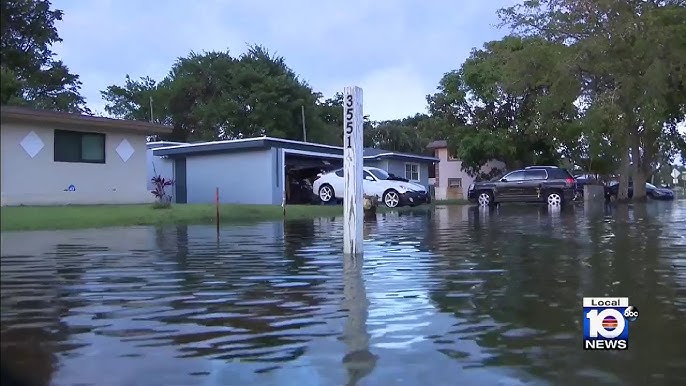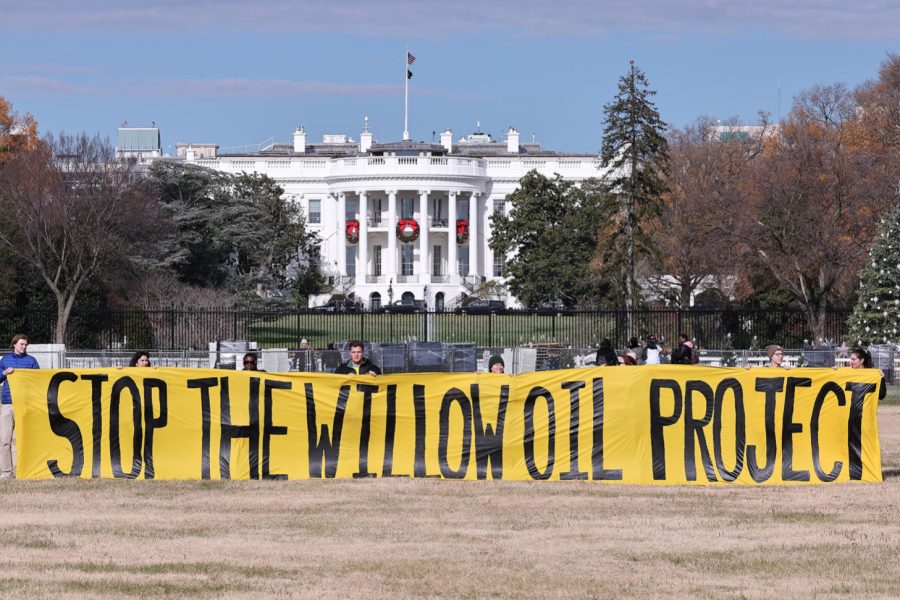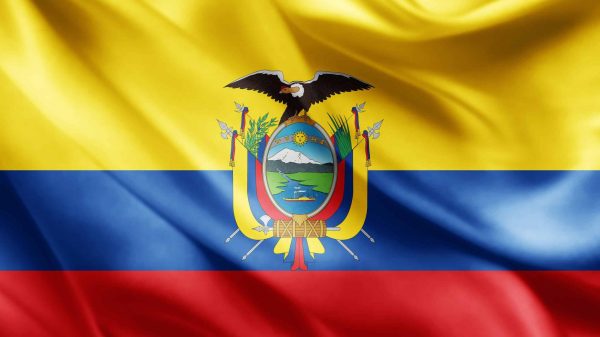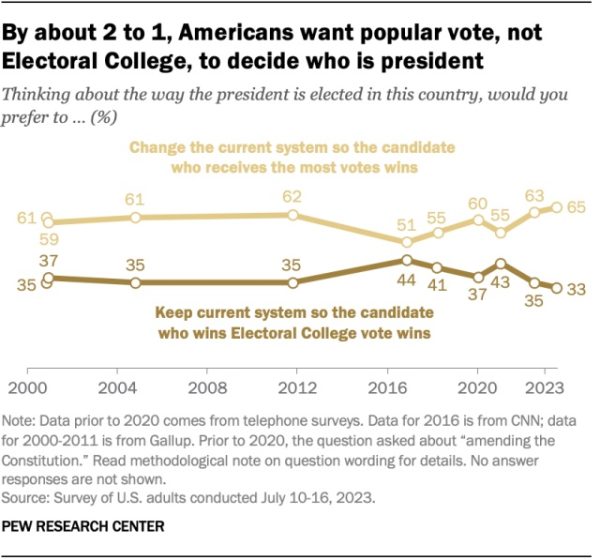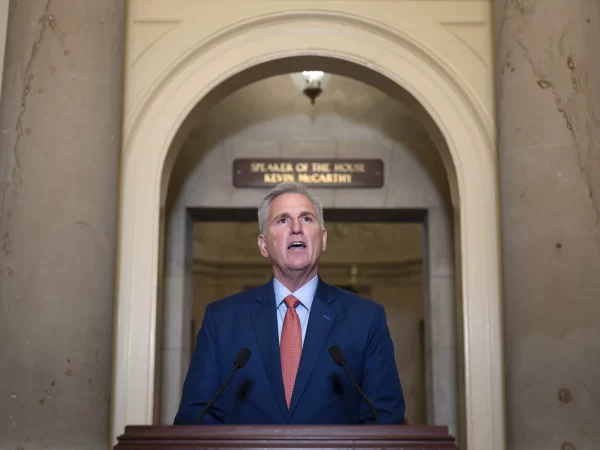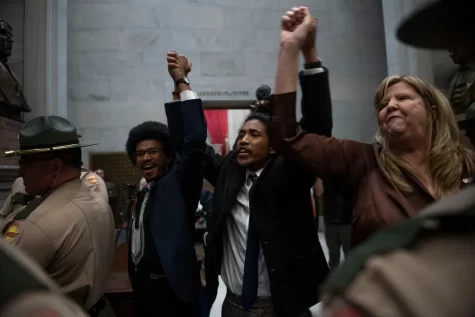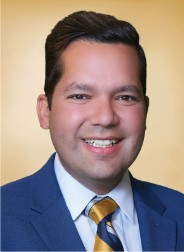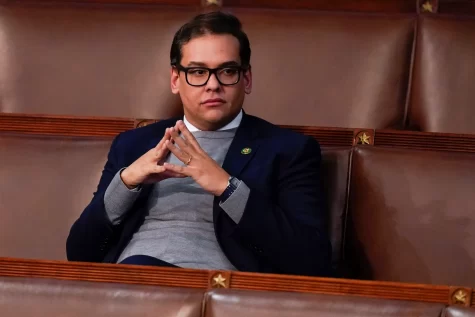Mic Drop: SVB Bank Collapses
With Silicon Valley Bank’s collapse, the United States has experienced the second-largest bank failure in its history.
April 5, 2023
Last week, the worst economic crisis hit Silicon Valley since the infamous 2008 recession. The technology and innovation sectors have been served by Silicon Valley Bank (SVB), a reputable bank, for more than 35 years. It is renowned for giving startups, VCs, and tech firms in the Silicon Valley area and elsewhere banking and financial services. Companies like Roku and Etsy were affected because of their clients’ heavy concentration in the tech industry, and the fact that the vast majority of their funds were uninsured. The bank has a solid track record and has consistently been rated as one of the top banks in the U.S. for startups.
The bank’s health was a concern because of its exposure to the cryptocurrency market, and as a result of its abrupt collapse, the Federal Reserve is now investigating it.
What led to all of this?
SVB was expanding, becoming the 16th largest bank in the U.S. and making investments in low-interest long-term bonds. Interest rates have increased given the state of the economy. As those increased, bond prices dropped, ruining the investments in U.S. government bonds. A $1.8 billion after-tax loss was then disclosed by SVB on Wednesday. They needed money, in other words, to return that capital. SVB’s value decreased as a result, and investors began to consider dropping their investments as a result of secondary effects. Because Silicon Valley did not have enough money in its fractional reserve to pay back depositors, the Federal Reserve took control to address the problem. The bank posed a significant threat due to its size and importance in the financial system.
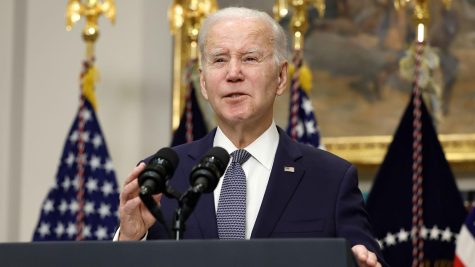
Unusual for a presidential administration, the Biden administration has assured the depositors that they will get a full refund of their money, disregarding the $250,000 FIDC insurance cap. Despite the fact that federal agencies are looking into the executives and the company’s actions, nobody has yet been charged with any wrongdoing.








